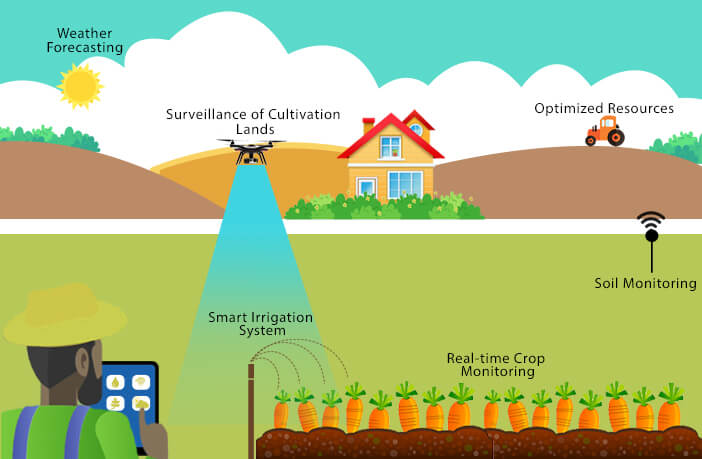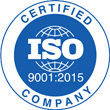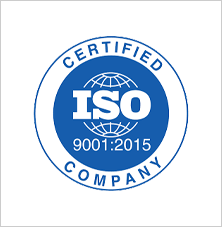How IoT is reshaping the future of farming?

The Internet of Things is revolutionizing the horticulture business more than ever by enabling farmers and cultivators to manage the tremendous difficulties they face.
Till now, farming has been considered to be a high-hazard and low-compensate industry. Farmers are all around likely to meet overcoming challenges such as rising climate change, financial downturns, extreme weather conditions, environmental impact, and other numerous risk factors that result in worse circumstances.
How IoT can reshape farming?
Most of the time, the lands are treated as single uniform areas, without taking into consideration potential various factors that affect soil types, availability of nutrients, the temperature required, and so on. Hence, this often results in non-optimized usage of resources such as water, fertilizers which increase production costs due to excessive and unnecessary use.
IoT can help farmers in various ways. At its most fundamental level, sensors can be set up across farm and cultivating machineries in order to empower farmers to get insightful data about the amount of fertilizer used, the estimation of water required in the soil, the quantity of seeds planted, the status of farming equipments being used, and so on. Once an IoT-empowered system is set up and used properly, farmers can easily track different factors and it would help to boost advantageous properties.
Collected data opens the door for not only real-time monitoring but also it improves agricultural roots for long terms as well. Additionally, smart farming gives a way to increase the yields of crops and production with minimal costs and efforts. IoT helps numerous industries to get sustainable results, but it especially proves advantageous when applied to agriculture.
By what means can Smart Farming be helpful to farmers?
Farmers can yield a better return on investments with the improved performance of smart farming techniques.
Due to the remoteness of farming operations, IoT applications help in gathering data and insight to farmers about the cultivation lands, climate conditions, necessity of nutrients, the quantity of seeds planted and so on. Thus, it could revolutionize the way that farmers used to work.
leveraging the IoT in various agricultural sector
1. Weather Forecasting
With the weather forecasting, the Farmer gets warned earlier of what the weather will be like for that particular day. So, he can make informed decisions on when to plant, irrigate and harvest.
2. Smart Irrigation System
Smart irrigation system allows farmers to control when and how much water their crops required. It also monitors weather, the quantity of water plant using, soil conditions and evaporation to automatically adjust the watering schedule to meet the specific landscape needs.
3. Surveillance of Cultivation lands
Drones are being used in agriculture in order to enhance irrigation systems, crop monitoring, crop health assessment, planting, soil, and field analysis.
4. Optimized Resources
IoT connectivity to enable remote monitoring and operation on farming machinery and equipment in order to get insightful data. This way, farmers can easily track the working efficiency of different variables and make informed decisions.
5. Real-time Crop Monitoring
IoT innovation helps Farmers to distinguish the diseases transmitted in the plants so that they can make informed decisions to prevent this. Moreover, this will enable farmers to enhance the quantity of fertilizer utilized for specific crops.
6. Soil Monitoring
The traditional system is unable to collect real-time data from the cultivate land such as light intensity, soil moisture, soil temperature, humidity. With the IoT advancement, The soil is being tested using various sensors such as pH sensors, temperature sensors, and humidity sensors to increase the agricultural production.
Conclusion:
With the advancement of IoT applications, it would become possible for farmers to increase competitiveness and sustainability in their productions. If smart farming systems continue to deploy properly, It will keep the agricultural sector evolving. Additionally, IoT provides a means to increase better yields and production while minimizing costs and combating affecting factors.

















